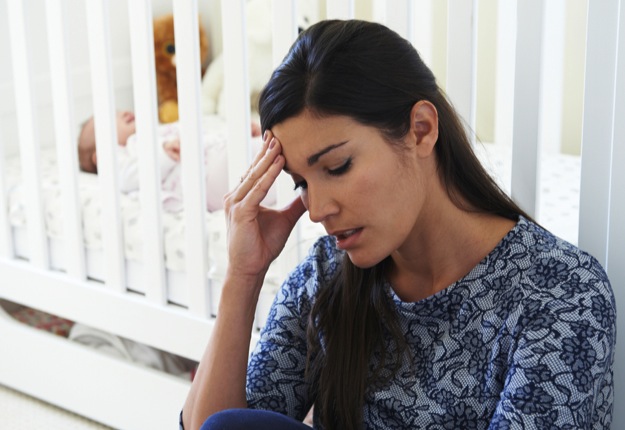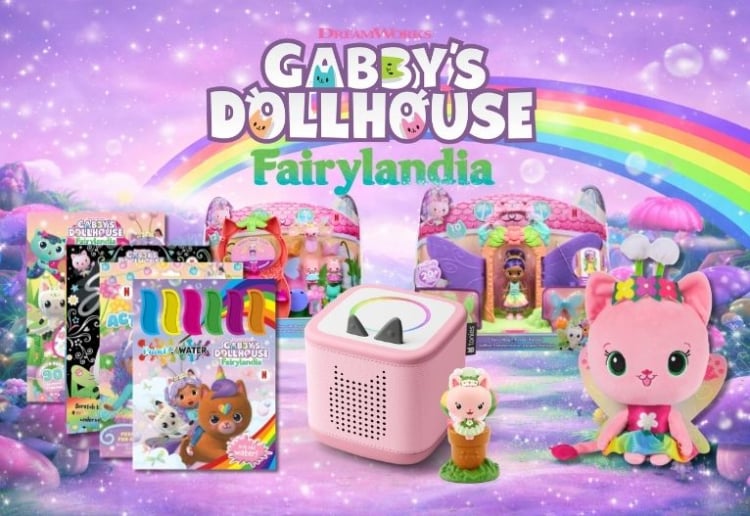Postnatal Depression (or PND) affects 1 in 7 mothers in Australia each year and that figure only counts those women who have sought help.
It is the most common ‘complication’ of pregnancy and birth and yet it is rarely (if ever) mentioned in antenatal classes.
This means that new mums don’t know what to look out for and can struggle through PND believing how they are feeling is ‘normal’ or just a phase. I know I spent the first few months wondering when I would snap out of it.
Every mother is unique, and so will experience PND differently, rarely are 2 women’s experiences the same.
The symptoms of PND include (but are not limited to):
- Lack of enjoyment in things that you previously enjoyed.
- Blaming yourself for everything that goes wrong (even when it’s clearly not your fault).
- Being anxious or worried for no apparent reason.
- Being scared or panicky for no good reason.
- Feeling overwhelmed.
- Having trouble sleeping (or sleeping all the time).
- Change in your eating habits.
- Crying a lot.
- Feeling sad most of the time.
- Feeling irritable and lacking patience.
So now you know the symptoms of postnatal depression but what does it really mean to you?
How do you know you are suffering from Postnatal Depression? What might you be thinking and feeling?
Some common things that we tell ourselves when we are suffering from PND, which in turn often stop us from getting help early, are:
- “I should be able to do this!”
- “What is wrong with me?”
- “What did I do to get the broken baby?”
- “If I admit I’m not coping I will let my mother/partner down!”
- “I don’t want anyone to think badly of me!”
- “Will they take my baby away from me?”
- “I’m a useless mother”
- “My baby would be better off with someone else!”
- “I’m a terrible mother and can’t do anything right”
- “How can they not see I’m struggling?”
- “It isn’t meant to be like this!”
- “Is my mask in place? Will they see through it today?”
Do any of those ring a bell for you?
These thoughts really affect how we are feeling as well and the one feeling that surfaces most is likely to be guilt.
Guilt that you can’t cope, guilt that you aren’t happy at what should be a great time and guilt that you feel you are not giving your baby a good start in life.
You may also be feeling sadness as the journey isn’t living up to expectations and could be feeling totally alone in your struggle.
The thing about these feelings is they are, so often, internal and hidden away. No one sees that behind that mask of a smiling, joking mum we are sad and broken inside.
If you are nodding your head to any of the above listed symptoms, thoughts or feelings and the experience has been going on for more than two weeks, there is a possibility you could be suffering postnatal depression so please go and check in with your medical practitioner.
In addition to the visit to your doctor there are lots of things you can do to help yourself through postnatal depression and onto the road to recovery.
- Find a support group. Either in person or via Facebook. You are not alone and knowing and connecting with women who are in the same boat as you will help ease the burden.
- Keep a journal of the little things in life that you enjoy.
- Let people in. Opening up to those you care about can be scary, they might not know there is anything wrong (your mask is working) as soon as they find out they will want to help you get better.
- Get outside. A gentle walk with bub in a carrier or just sitting in the garden all helps.
- Meditate. A calm mind enables you to look beyond those negative thoughts and focus on what baby needs.
- Play with baby. I know that it is hard if you feel disconnected from baby and that makes it so much more rewarding as you build your connection to them and create happy memories.
- Get your hands busy. If you are crafty pick it up again while baby naps. Getting your hands busy is a form of meditation and can calm an overactive mind. If you are not crafty get some adult colouring books, one of the most therapeutic activities I know.
Taking the first step of talking to someone, anyone, about how you are feeling is always the hardest. In fact by Googling postnatal depression you are already a little closer to taking that step and that’s great.
You are not alone in feeling like this and you will not be alone on your journey to recovery. Reach out and you will find support. It is waiting for you!
Have you ever experienced post natal depression? How did you get through it? Please SHARE in the comments below.
Image courtesy of Shutterstock.com





















10:21 am
11:20 pm
10:43 pm
12:17 pm
6:37 pm
-

-
-
Parent Academy replied
- 20 Jul 2015 , 10:18 am
Reply10:13 am
-

-
-
Parent Academy replied
- 20 Jul 2015 , 10:17 am
-

-
-
mom94125 replied
- 17 Oct 2015 , 7:04 pm
Reply9:29 pm
9:24 pm
-

-
-
Parent Academy replied
- 04 Jul 2015 , 6:30 pm
Reply3:46 pm
-

-
-
Parent Academy replied
- 04 Jul 2015 , 6:30 pm
Reply10:45 pm
-

-
-
Parent Academy replied
- 04 Jul 2015 , 6:31 pm
Reply10:11 pm
6:22 pm
-

-
-
Parent Academy replied
- 04 Jul 2015 , 6:33 pm
-

-
-
purplehaze replied
- 23 Jul 2015 , 12:00 pm
Reply4:10 pm
10:42 am
-

-
-
Parent Academy replied
- 04 Jul 2015 , 6:35 pm
Reply3:27 pm
2:48 pm
1:37 pm
-

-
-
Parent Academy replied
- 04 Jul 2015 , 6:36 pm
Reply1:05 pm
-

-
-
Parent Academy replied
- 04 Jul 2015 , 6:38 pm
Reply9:41 am
-

-
-
Parent Academy replied
- 04 Jul 2015 , 6:39 pm
Reply1:12 pm
- 1
- 2
- 3
- »
Post a commentTo post a review/comment please join us or login so we can allocate your points.